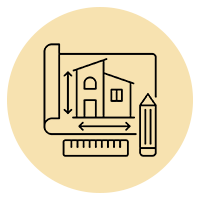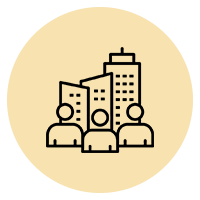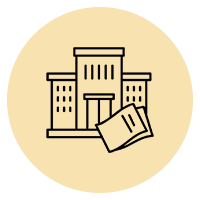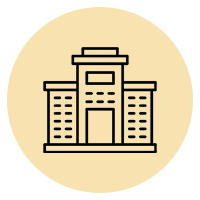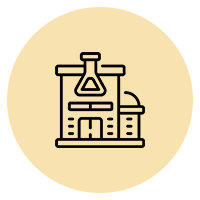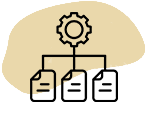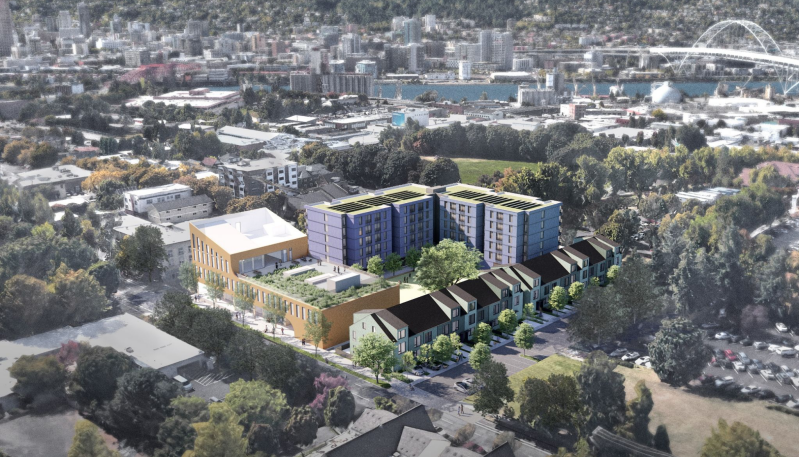Reparative Development Consulting for Academic & Professional Institutions
Building a Future Where Policy, Planning, and Public Leadership Advance Repair and Justice.
Williams & Russell Community Development Corporation (CDC) partners with universities, professional schools, and academic departments to integrate reparative development, equity-centered planning, and community-grounded practice into curriculum, research, policy design, and institutional operations.
We support institutions in the fields of design, public policy, law, urban planning, sociology, political science, community/economic development, and public administration to acknowledge historical harm, advance equitable practices, and prepare the next generation of leaders with a deep understanding of restorative justice in public systems.

Who We Serve
Williams & Russell CDC collaborates with:
Schools of Design & Architecture
Schools of Urban & Regional Planning
Law Schools
Public Policy Schools
Departments of Sociology, Political Science, and Ethnic Studies
Public Administration and Public Affairs programs
Community and Economic Development institutes
Research centers, policy labs, and student-led organizations
Whether you are teaching future planners, lawyers, policymakers, or administrators, our consulting services reinforce the meaningful integration of equity, community voice, and historical context.

Our Services for Academic Institutions
Reparative Framework & Curriculum Integration
We help institutions embed reparative development principles into their academic and professional training programs.
Services include:
Designing new reparative development curriculum modules
Integrating historical harm analysis into studio courses, policy labs, and legal clinics
Developing cross-disciplinary equity frameworks
Supporting faculty training and curriculum redesign
Equity-Centered Institutional Policy & Strategy
We guide academic institutions through the design of reparative policies that address disparities in access, representation, and institutional impact.
Examples include:
Reparative admissions or scholarship strategies
Community benefit and partnership agreements
Land stewardship and co-development models
Anti-displacement strategies for surrounding neighborhoods
Community Partnerships & Engagement Models
We design engagement frameworks that connect academic departments with local communities in ethical, mutually beneficial ways.
This includes:
Facilitation of community dialogues and listening sessions
Co-designed research projects with community organizations
Support for community governance and advisory structures
Ethical guidelines for community-engaged learning, planning studios, and fieldwork
Faculty, Staff, and Leadership Training
Training and professional development grounded in recognition, repair, equity, and community accountability.
Topics include:
Anti-displacement and reparative planning
Community wealth building and restorative economic development
Historical harm and structural inequities
Equitable policy design
Anti-racist and community-rooted pedagogy
Applied Research, Studio Support & Technical Assistance
We assist with academic studios, research labs, and policy clinics in ways that deepen student learning and community impact.
Support includes:
Guidance for reparative urban planning studios
Technical support for legal clinics focused on land, housing, and civil rights
Policy labs incorporating historical and contemporary equity analysis
Co-development of case studies and applied research projects

Why Reparative Development Matters in These Fields
Disciplines like planning, public administration, political science, law, and design have historically shaped the built environment, governance systems, and policy frameworks in ways that often reinforced inequity.
These fields influence:
Land use decisions and urban renewal
Access to housing, transportation, and public resources
Legislative frameworks and legal outcomes
Economic development and public investment
Community displacement
Social and political power
Reparative development ensures that tomorrow’s leaders understand not only the systems they work within—but the responsibility to repair past harm through innovative, equitable solutions.
Impact Areas for Academic Institutions
Williams & Russell CDC helps institutions advance:
Reparative land use and community partnership models
Equity-centered planning, policy, and design education
Inclusive decision-making structures
Ethical community-engaged research
Reforms to admissions, scholarships, and governance
Curriculum transformation across sociology, law, planning, and public affairs
Student pathways to careers in equitable development

Why Williams & Russell CDC?
Deep Community Connection
We bring lived experience and professional expertise rooted in communities shaped by displacement and inequitable planning.
Interdisciplinary Expertise
Our team includes leaders from:
Urban planning, Law, Public policy, Community development, Economic development, Sociology, Real estate and land stewardship
Trusted in Both Academic and Community Settings
We understand the unique needs of educational institutions and community partners, and we help bridge the two with integrity.

Partner With Us
Together, we can prepare the next generation of leaders to build an equitable, just, and thriving future.
If your institution seeks to advance equitable education, repair historical harm, or integrate reparative development into curriculum and governance, Williams & Russell CDC is here to support you.

Clients / Consultations
Harvard University School of Design
Toronto Metropolitan University
Ontario College of Art & Design University (OCAD)


